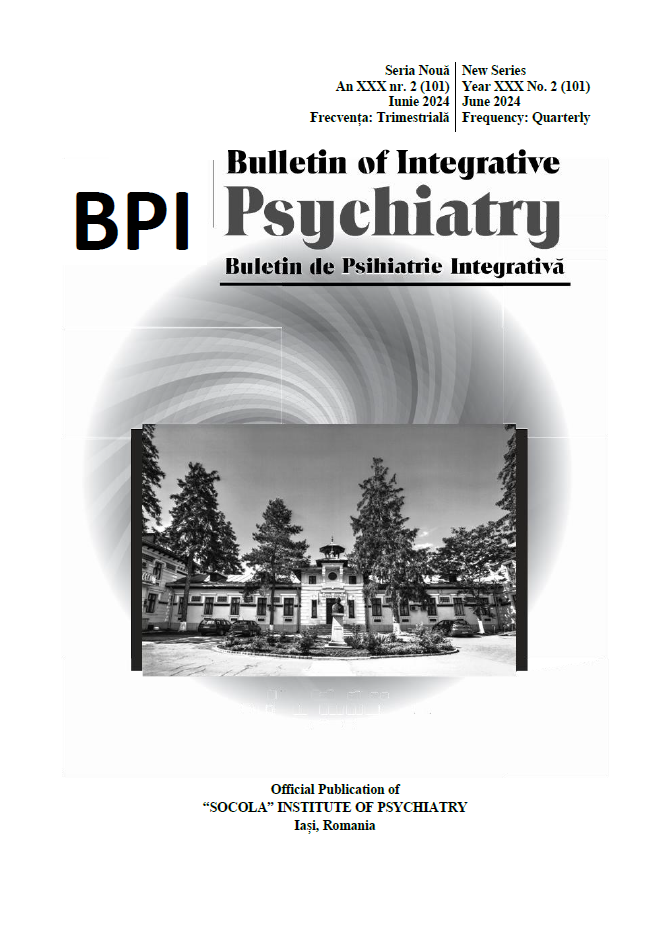Errors in the visual perception of the victim
Errors in the visual perception of the victim
Author(s): Andrei Scripcaru, A. Knieling, Vlad Teodor Iacob, Călin Scripcaru, Bogdan-Daniel CHIRILĂSubject(s): Essay|Book Review |Scientific Life
Published by: Editura Sedcom Libris Iasi
Keywords: Perception; victim; statement;
Summary/Abstract: A particularly complex activity, listening to people is often the object of criticism that mainly concerns the precarious balance required to be maintained between the desire of the persons involved for a broad interpretation in the field of limits needed to be imposed to the professional approach of the investigation and the desire of professionals to be able to use as many means and procedures as possible to put pressure on the interviewed person, to break his/her will in order to obtain as much useful information as possible.Perception is a cognitive psychic process, which consists in reflecting objects and phenomena in the integrity of their qualities at the moment of action on the sense organs. It is rightly considered that perceptual activities are the basis of all behaviors, as without prior perception it will not be possible to learn, speak, memorize, communicate. Perception allows us to become aware of the environment and to interact with it or act on it.Errors of perception, as well as other types of errors admitted by the person, are recognized by the legislature as a basis for criminal liability, and are therefore attributable, since in this case, by exercising a greater dose of care and prudence, the perpetrator should and could have been aware that he was admitting an error.A special role in the process of forming the statements of the injured party is played by visual sensations, in that they provide an accurate and complete picture of the surrounding world. The individuality of the one who is heard, both in the actual listening and during possible reconstructions, confrontations, or presentations for recognition, is likely to generate deviations from objective truth. Preconceived ideas and points of view influenced by discussions with others change the range of elements that the listened person might remember about the deed. The danger of influencing those who testify in cases of sensation is particularly great. Even if there are several statements that coincide, the fact itself gives only a conditional guarantee about the trust that the investigator can have in them.
Journal: Buletin de Psihiatrie Integrativa
- Issue Year: 101/2024
- Issue No: 2
- Page Range: 23-29
- Page Count: 7
- Language: English

